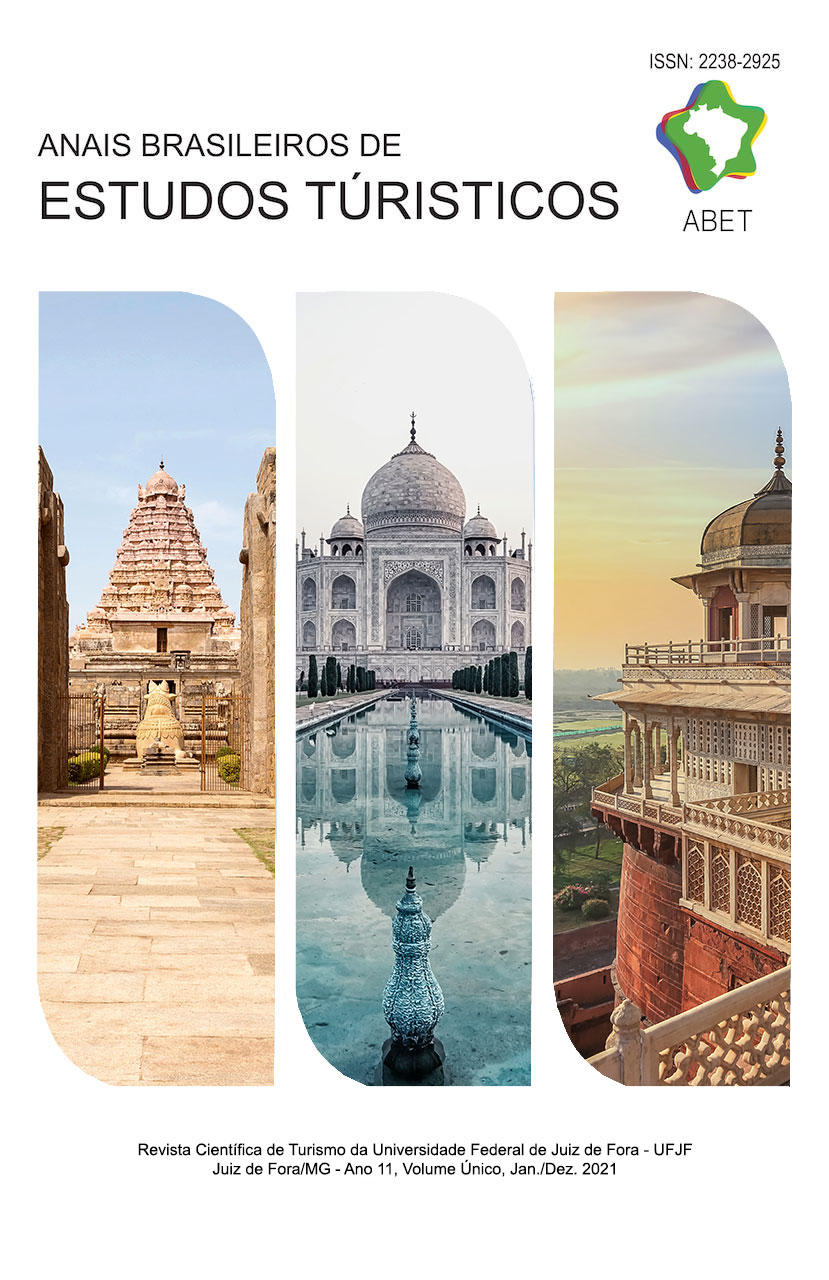A Study on Adept Soft Skill & Knowledge Accompanying Hospitality Employee Retention Behavior During Covid-19 Lockdown Phase
DOI:
https://doi.org/10.5281/zenodo.5770073Abstract
This article converses the acceptability, challenges, and cue forward on hotel employees' through academic research on digital literacy. The researcher intends to study the correlation between personalized training customized by organizations and self –learning digital transformation which has shown its prominence during the unprecedented lockdown phase. The article also tries to emphasize labor flexibility and participation in decision making through various communication channels working in a conducive environment. The bibliographical review studies depict hospitality education, employment, and manpower development as some of the concerns being faced in the digital generation. The results of studies conducted show employee's digital competence as a catalyst to their productivity. They have reinforced and expanded the horizon of the employees to run with the advancement. Paul Gilster (1977) in his book has represented digital technologies as an "essential life skill." The conclusions are that there is an increase in understanding, using, and creating information sources using digital technologies in the tourism sector. The new-gen hoteliers are themselves keeping abreast with the latest innovation in procedures and practices to offer the service or product through the digital presence and retain the customers. Through this paper, the researcher would like to relate e-HR developmental approaches, customer relations management, and retention modeling as a tool for sustainable workforce investment.
Key words: Hospitality; Digital; Literacy; Retention; Crisis; Knowledge.
Downloads
Downloads
Published
How to Cite
Issue
Section
License
Copyright (c) 2021 Anais Brasileiros de Estudos Turísticos - ABET

This work is licensed under a Creative Commons Attribution 4.0 International License.
This journal provides immediate open access to its content, following the principle that providing free scientific knowledge to the public provides greater democratization of world knowledge.
Authors must agree to the following terms relating to copyrights:
(a) Authors keep all copyright and grant the to the journal the right of first publication, with the work simultaneously licensed under the Creative Commons Attribution License that allowing job sharing with recognition of authorship of the work and initial publication in this journal.
(b) Authors are allowed to assume additional contracts separately, for non-exclusive distribution of the version of the work published in this journal (e.g. publish in institutional repository or book chapter), with recognition of authorship and initial publication in this magazine.
(c) Authors are allowed and are encouraged to publish and distribute their work online (e.g. in institutional repositories or on your personal page) since they do not do this before or during the editorial process, as this can generate productive interchange, as well as increase the impact and citation of work aired. (See Effect of Free Access).















